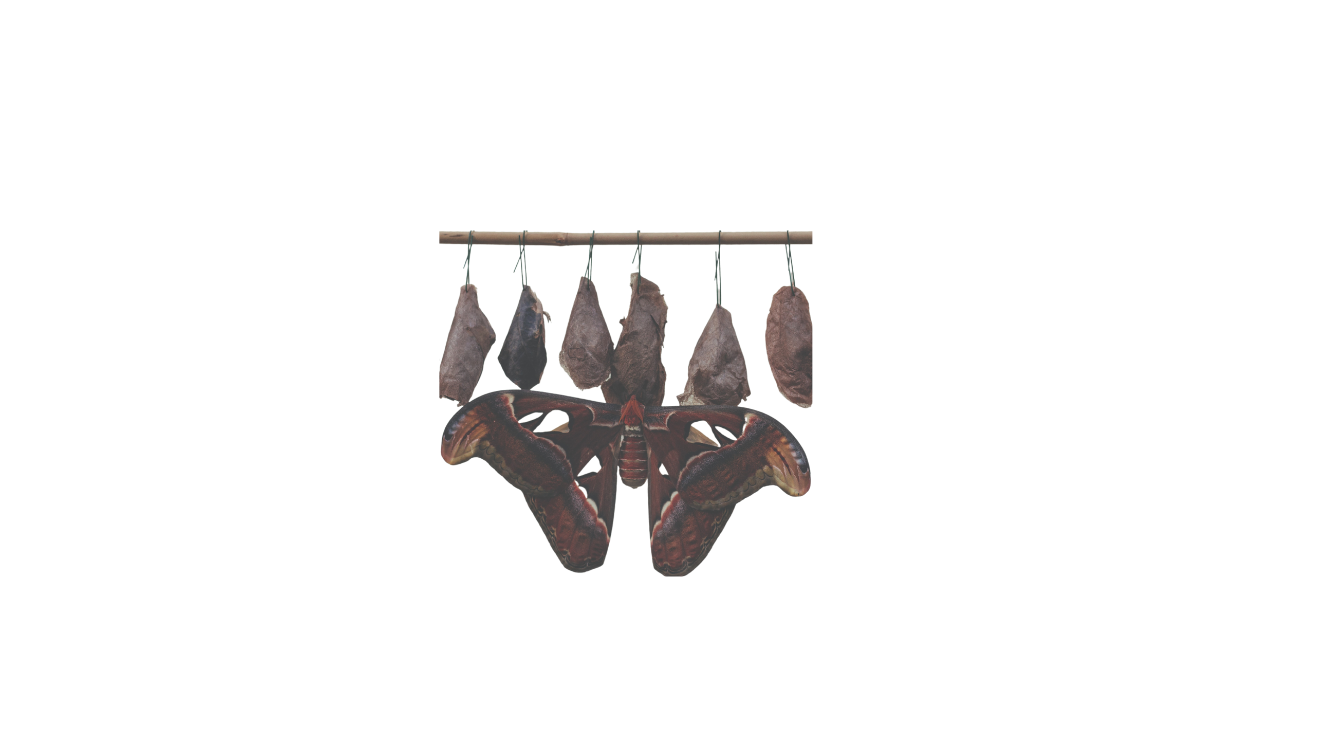
How to give birth to yourself
When does illness become identity, and how do you change the script? A short story.
Support independent, ad-free, 100% reader-funded mental health journalism by choosing either of the below options now:
There was a little boy, let's call him Pu. Pu was born with a hostile body, like a battlefield rigged with land mines. Pu had a defective heart. Pu's blood group was found in less than 1% of the population. Pu got fevers so hot they left the entire house in a simmer, hazy. Pu's legs hurt so bad – growing pains? juvenile arthritis? – it took a full-grown adult standing on his calves to stop him from biting his lips bloody. Pu would wake up in the middle of the night howling in pain, straining the year-round cold sores lining his tongue and tonsils, popping them open and drenching his pillow in a syrup of drool and blood.
"When you were 27 days old," Pu was told when he asked why his body hated him, "they had to inject your thighs six times a day just to keep you alive." It wasn't an explanation. There was no explanation. It was just the way things were.
Pu stopped asking and learnt to embrace his origin story. He accepted early that staying alive was hard work.



